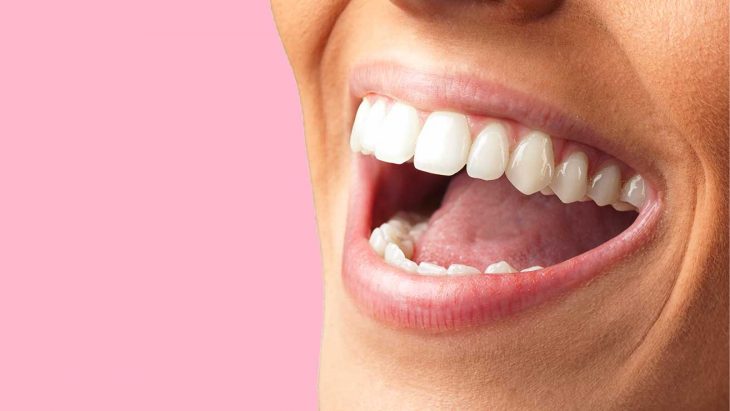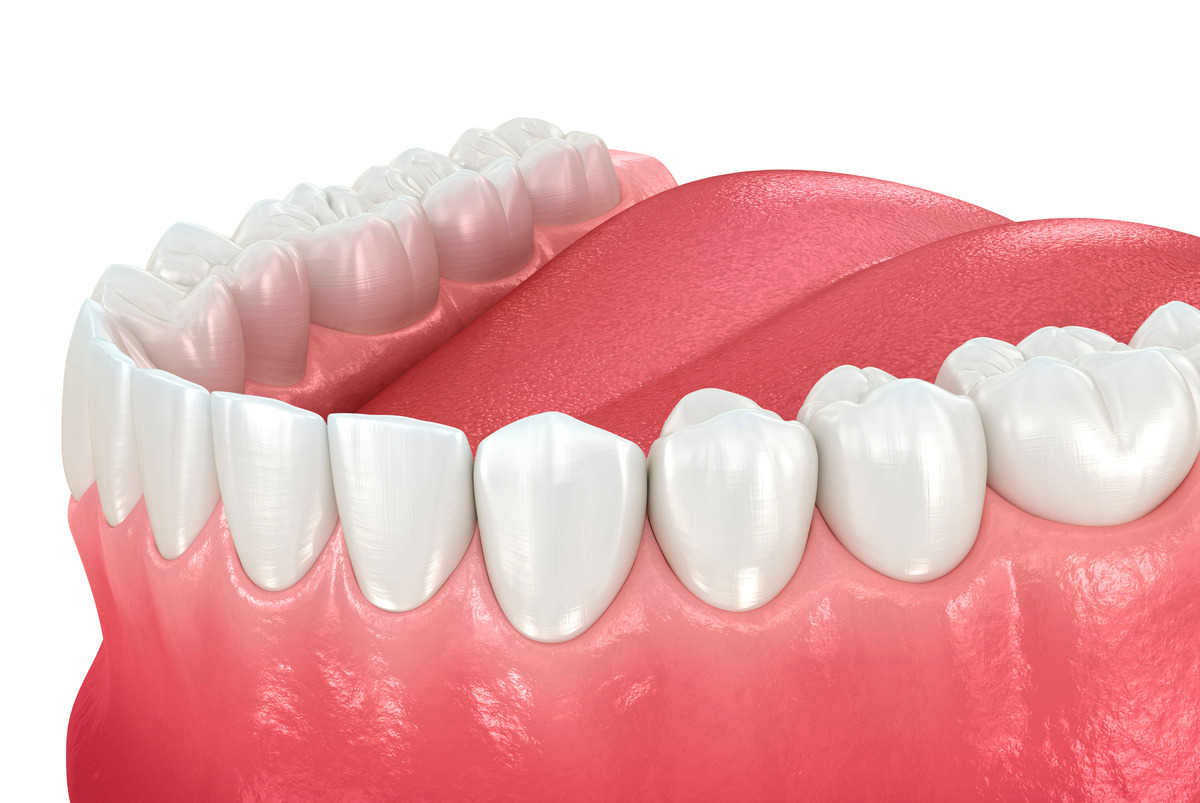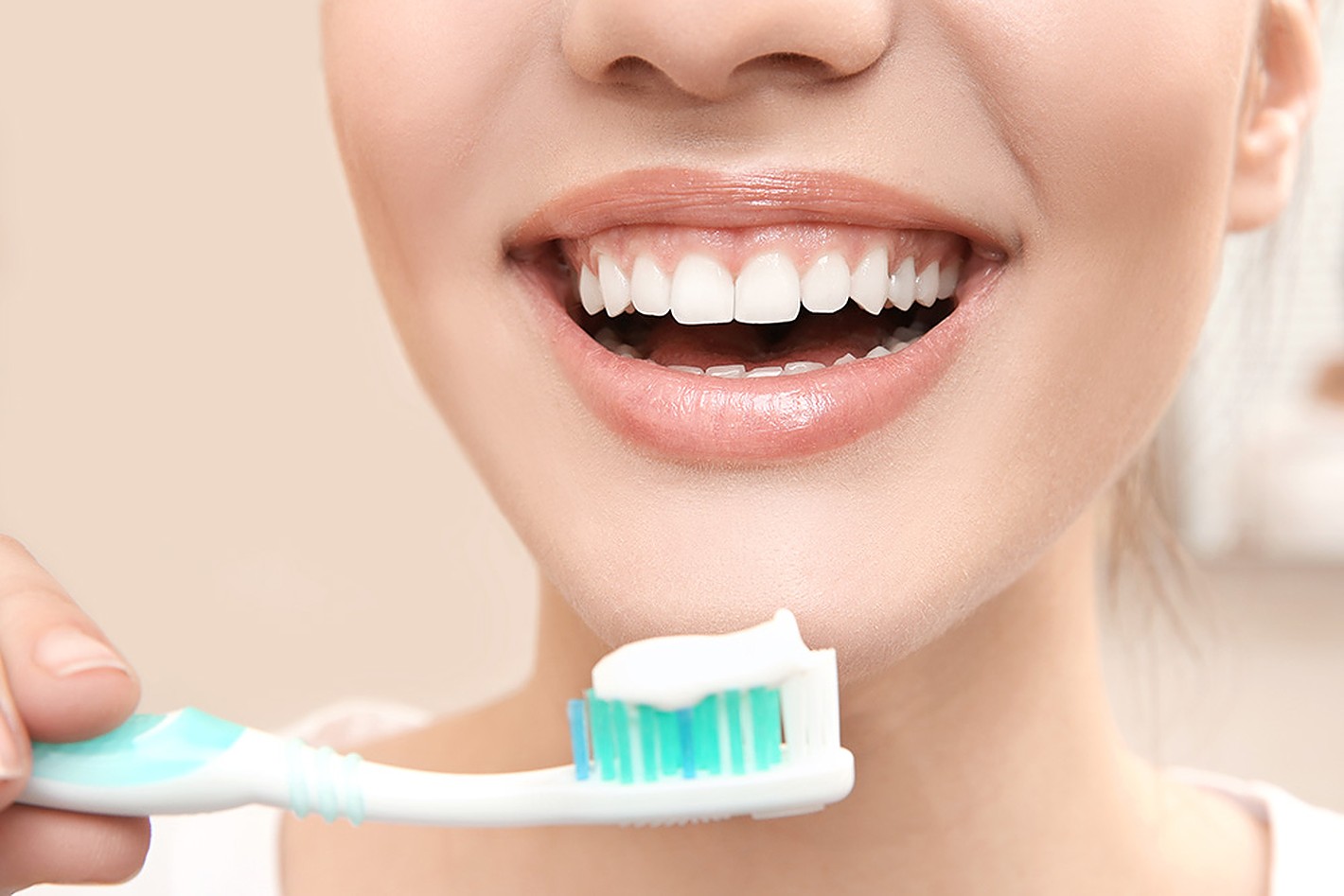
The mouth is an incredible organ that plays a vital role in our daily lives. From allowing us to communicate and taste the flavors of our favorite foods to aiding in the digestion process, the mouth is a remarkable part of our anatomy. In this article, we will explore ten fascinating facts about the mouth, shedding light on its functions, structure, and importance.
The Mouth: An Entry Point to the Body
The mouth serves as the entry point to our digestive and respiratory systems. It is through the mouth that we consume food and beverages, initiating the process of digestion. Additionally, the mouth is responsible for the initial stage of respiration, as we breathe in and out through this opening.
The Oral Cavity: A Complex Structure
The mouth consists of several interconnected parts that work together to perform various functions. These parts include the lips, tongue, teeth, gums, salivary glands, and the roof and floor of the oral cavity. Each component plays a unique role in functions such as speech, chewing, and swallowing.
Teeth: The Tools of Mastication
Teeth are crucial for the process of mastication, or chewing. An average adult has 32 teeth, including incisors, canines, premolars, and molars. Incisors are used for biting and cutting, canines for tearing and gripping, premolars for grinding, and molars for crushing and chewing food.

Saliva: More Than Just Water
Saliva, produced by the salivary glands, is not merely a lubricant for the mouth. It contains enzymes that initiate the breakdown of starches in food and helps with the digestion process. Saliva also plays a vital role in maintaining oral health by rinsing away food particles and neutralizing acids, preventing tooth decay.
Taste Buds: The Tasting Experts
Our taste buds, located on the tongue, allow us to experience the sensation of taste. Contrary to popular belief, taste buds are not limited to specific regions of the tongue. They are distributed throughout the mouth, including the roof, sides, and back of the oral cavity. Taste buds enable us to detect sweet, salty, sour, bitter, and umami flavors.
Bad Breath: Causes and Solutions
Bad breath, also known as halitosis, can be embarrassing and a cause of concern for many individuals. It can arise from various factors, including poor oral hygiene, certain foods, dry mouth, and underlying health conditions. Regular brushing, flossing, and tongue cleaning, along with adequate hydration, can help combat bad breath and maintain oral freshness.
Oral Health: Beyond the Teeth
While teeth are often the primary focus of oral health, maintaining a healthy mouth involves more than just good dental care. Proper oral hygiene also includes taking care of the gums, tongue, and other oral tissues. Regular dental check-ups, along with brushing twice a day and flossing, are essential for overall oral health.

Oral-Systemic Connection: A Window to General Health
The health of the mouth can provide insights into an individual’s overall well-being. Research has revealed a connection between oral health and various systemic conditions such as diabetes, cardiovascular disease, and respiratory infections. Maintaining good oral hygiene and visiting the dentist regularly can contribute to better overall health.
Speech Production: A Complex Art
The mouth plays a crucial role in speech production. The movement of the tongue, lips, and jaw, along with the vocal cords and respiratory system, contributes to the production of various sounds and words. Speech disorders can arise from issues with the muscles and structures involved in this intricate process.
Emotional Expressions: The Power of a Smile
A smile is a universal form of communication that transcends language barriers. It is an expression of happiness, joy, and friendliness. Smiling not only affects our own mood but also has a positive impact on those around us. The muscles in the mouth and face work together to create different expressions, conveying a wide range of emotions.
Conclusion
The mouth is a remarkable organ with numerous functions and complexities. From its role in digestion and respiration to its involvement in speech production and emotional expressions, the mouth plays an integral part in our daily lives. Maintaining good oral hygiene, including regular dental check-ups and proper care of teeth, gums, and tongue, is essential for overall health and well-being.
FAQs (Frequently Asked Questions)
How often should I visit the dentist for a check-up?
It is recommended to visit the dentist for a routine check-up at least every six months. Regular dental visits help detect any potential issues early on and ensure proper oral health care.
Are there any natural remedies for bad breath?
While proper oral hygiene practices are the primary means of preventing bad breath, certain natural remedies may help freshen the breath temporarily. Chewing on fresh herbs like mint or parsley, drinking plenty of water, and avoiding foods with strong odors can assist in combating bad breath.
Can oral health affect heart health?
Research suggests a link between oral health and heart health. Poor oral hygiene and gum disease have been associated with an increased risk of cardiovascular problems. Taking care of your oral health can contribute to maintaining a healthy heart.
Is it normal for gums to bleed when brushing or flossing?
Bleeding gums can be an early sign of gum disease, known as gingivitis. It is essential to pay attention to bleeding gums and consult a dentist if the issue persists. Proper oral hygiene practices, including gentle brushing and flossing, can help prevent and treat gingivitis.
Can stress affect oral health?
Stress can have a negative impact on oral health. It can lead to habits such as teeth grinding and clenching, which can cause dental problems. Additionally, stress can weaken the immune system, making it harder for the body to fight off oral infections.
Remember, taking care of your mouth goes beyond a beautiful smile. It contributes to your overall health and well-being. By understanding the intricacies of the mouth and maintaining good oral hygiene practices, you can enjoy a healthy and confident life.
Was this page helpful?
Our commitment to delivering trustworthy and engaging content is at the heart of what we do. Each fact on our site is contributed by real users like you, bringing a wealth of diverse insights and information. To ensure the highest standards of accuracy and reliability, our dedicated editors meticulously review each submission. This process guarantees that the facts we share are not only fascinating but also credible. Trust in our commitment to quality and authenticity as you explore and learn with us.
